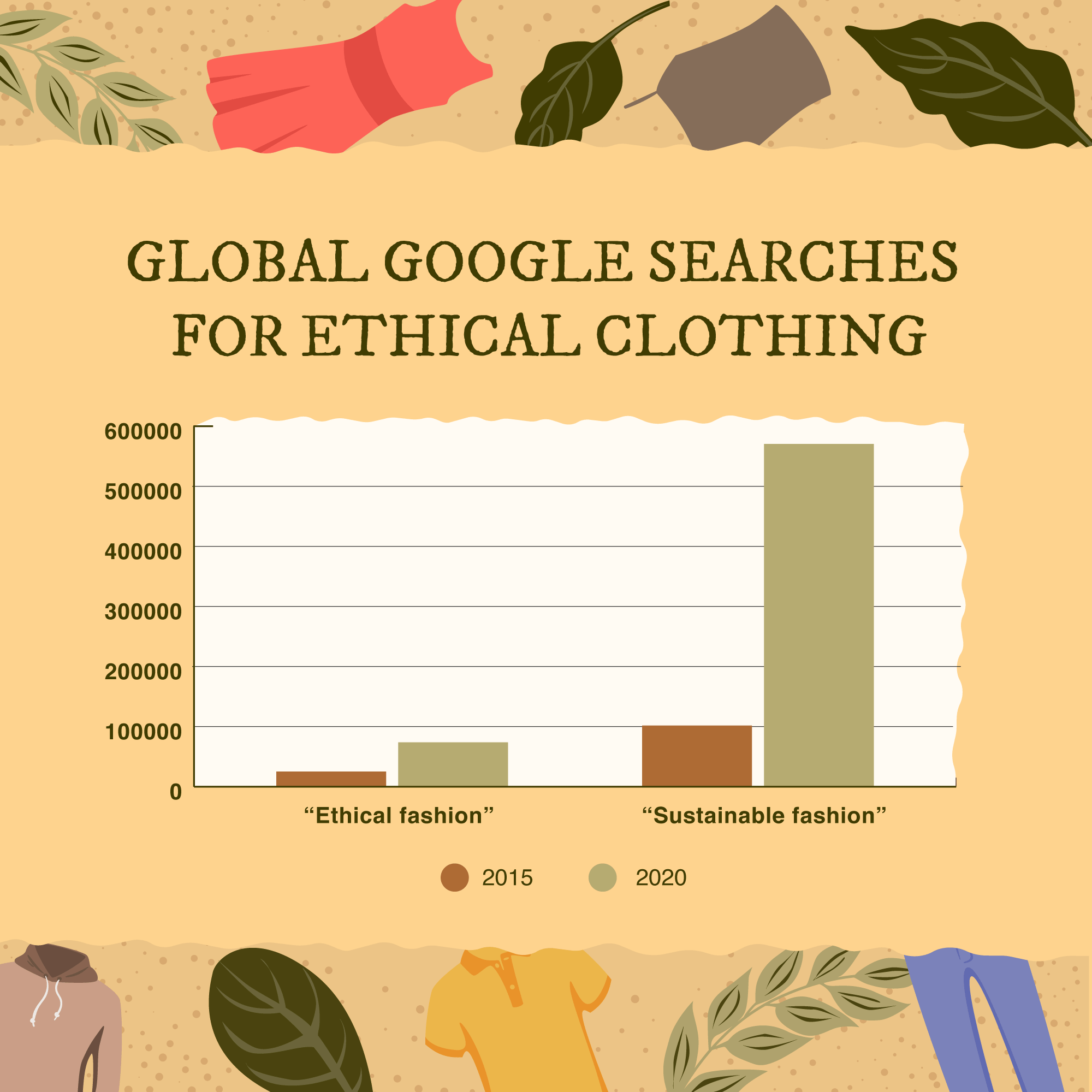The gritty cycle of unethical fast fashion is still going, even though a more sustainable fashion outlook has been growing. In fact, a study completed by Comparethemarket has uncovered that whilst sustainable fashion becomes increasingly popular in everyday society, the choice for ethical clothing is not of high priority to many when purchasing clothes, causing concerns among a lot of fashion designers and labels.
In this article, we’ll look at the key differences between sustainable and ethical fashion and why they are essential to know for any consumer.
The Similarities
Ethical and sustainable fashion are a crucial part of the future of fashion. They are both focused on a positive notion that rewards the maker and the consumer by providing higher-quality items from factories and artisans that pay their employees a fair share in a safe environment.
Ethical Fashion
As part of its movement, ethical fashion places a high value on the welfare of its labourers and workers. This is something sustainable fashion doesn’t focus on. Instead, it looks at materials, upcycling and distribution. By promoting ethical fashion, we prevent cruel working conditions that can lead to death, illness and slavery. We also create a cycle that cares for animals and the future owners of our clothing.
Sustainable Fashion
From farming the materials to having them stocked in retail stores, sustainable fashion focuses on how life cycles can affect the environment. It is a vital part of moving forward in the fashion world as its primary focus aids in preventing climate change and helps save the world from unnecessary pollution and waste. Unlike ethical fashion, it tends to focus on the environment.
Here are some ethical and sustainable brands:
- Patagonia
- Nynne
- Bottletop
Here are some fast fashion brands to avoid:
- Shein
- H&M
- Primark
Why is fast fashion terrible?
Fast fashion is like fast food — it’s quick, unhealthy and promotes a throwaway lifestyle. The fast fashion culture tends to be promoted by z-list celebrities and Insta models with a worthy following. The most prominent and ethical issue we face with fast fashion is that the clothes are generally made for one-off trends and seasonal gimmicks. This means a lot of material gets wasted, and the consideration for the amount of pollution caused by the production is dismissed. Moreover, the workers of the factories tend to be underpaid and treated poorly with horrible working conditions. Sadly, it’s difficult to move away from this movement as it’s popularised by many personalities who prefer a paycheck over a morally-focused view of fashion.
How to shop better
It’s easy to share a post on fast fashion or mention it when it suits us but buying better is essential. Hitting fast fashion brands where it hurts makes the change we need. So, to shop better, it is important to look for brands that are first transparent about exactly where their clothes are made and have proof behind their claims. Moreover, it would be best if you researched any related topics to the brand you are buying. You’d be surprised how many bend the rules and greenwash the consumer. Lastly, purchase quality. Spending more is not great but paying double or even more can pay off. High-quality clothes last after more than several washes and can belong in your wardrobe for years to come.


